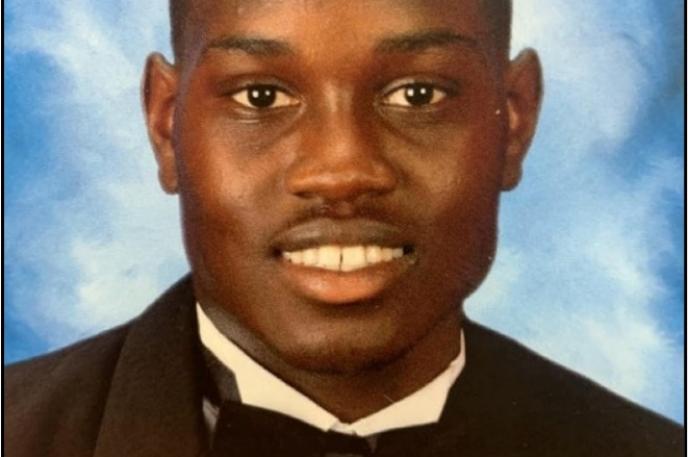
Ahmaud Arbery trial reveals historical pitfalls with justice and race
January 25, 2022
This blog was written as part of Charlotte Mecklenburg Library's Black Lives Matter program initiative. Learn more about the program and corresponding events here.
“A jury of 11 whites and one Black, in the deep South, stood up in the courtroom and said that Black lives do matter,” said Reverend Al Sharpton last November following the conviction of three defendants in the murder trial of Ahmaud Arbery, according to Newsweek magazine. Sharpton, the civil rights activist and Baptist minister, said this as he, and the national media among others, gathered in southeast Georgia for the announcement of the verdict.
The nature of Arbery’s death echoed America’s violent, racist past of lynching. While jogging, Arbery was suspected of break-ins by two white men who grabbed their firearms, pursued, and confronted him with his death being the result. The Washington Post columnist Eugene Robinson wrote, “The killing of Ahmaud Arbery, a young Black man who had the gall to jog through a mostly White neighborhood, was nothing but a classic lynching of the kind that could have happened a century ago.”
A recount of events is in order to explain this national news story. After all, Arbery’s name was chanted with George Floyd and others during the protests for racial justice that spread around parts of the world during the summer of 2020. Arbery was killed on February 23, 2020.
The New York Times provides a timeline of the case here including Gregory and Travis McMichael’s altercation with Arbery, the changing of prosecutors which finally led to criminal charges, and the release of a video of the incident. A neighbor of the McMichael’s, William Bryan, was later added and charged in Arbery’s death.
The newspaper timeline also details family and community support to identify Arbery as a crime victim. The state’s criminal justice process was evaluated during the process as one prosecutor faces criminal charges. That occurred because of her actions leading her to recuse herself from the case. The case’s attention also led to lawmakers weakening the state’s citizen’s arrest law.
In February, the McMichaels and Bryan will face federal charges of committing hate crimes in this case. Why those charges are necessary is spelled out by Robinson as he writes “the Arbery case was potentially more explosive because it was so specifically about race — and because it had such specific historical resonance.” To read books about trials in America’s past of a similar nature, explore the booklist titled "Notable Trials of African Americans".
Notable Trials of African Americans booklist
--
This blog was written by Lawrence Turner, adult services librarian at South County Regional Library.
